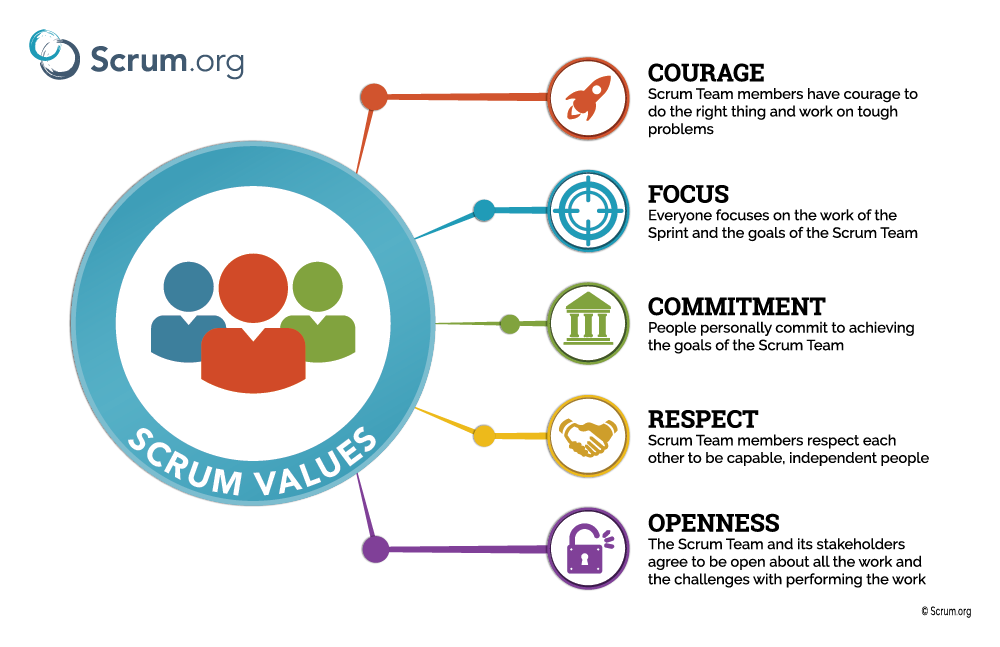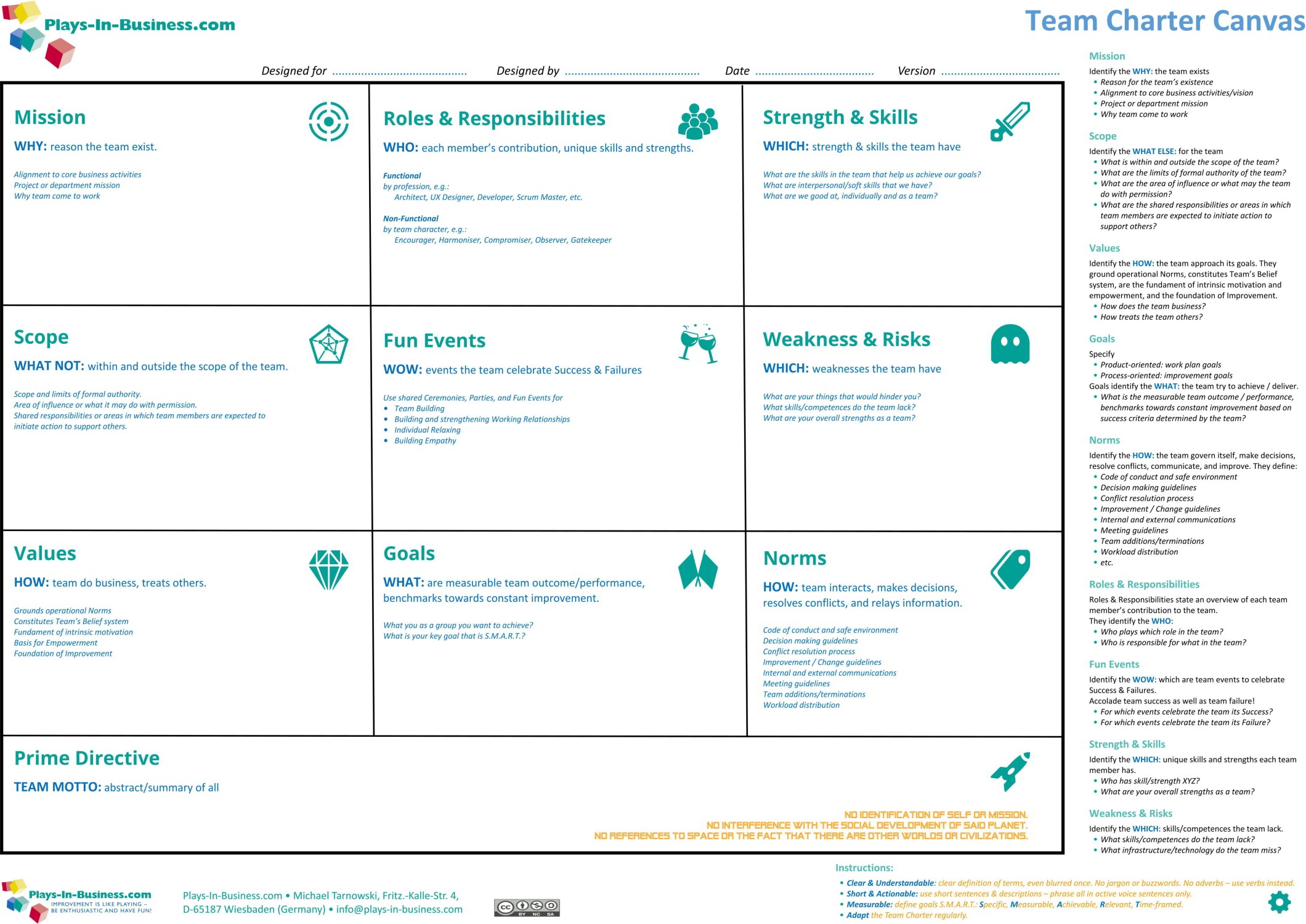The dramatic crisis we are living due to Covid-19 and the consequent fears and uncertainties, could put at risk some of the advancements we have experienced in the past twenty years, also thanks to the Agile movement. Some of the underlying principles of that revolution are today dramatically challenged by this infinitesimal virus who, mercilessly, undermines the foundations of that approach: interactions and close collaboration among individuals. How can we react?
Some people, scared by what is happening, could yield to the temptation of switching back, again, on putting too much attention and focus on processes and tools, instead of continuing relying on individuals and interactions, which the Agile Manifesto preaches since February 2001. This, in the hope of a better control of the situation.
Others could revert to centralize majority of decisions given the impossibility to directly get in touch with a workforce that today finds itself obliged to work remotely, probably suffering from poor performance if compared to yesterday’s one. This, in the illusion of greater alignment.
On the shop floor, a few ones could give up in trying to find new working approaches compatible with the new situation we are living, discouraged by difficulties and operational impediments. This, because of the wrong thinking that this situation is very short, only temporary and everything will soon be back to “normality”.
Yes, the impact it’s huge, also for our Agile community, which has made of trust, collaboration, proximity and face to face communication its workhorses.
All this could lead to rollback to old, anachronistic micro-managing approaches, while, instead, what is needed is to reassure people and help them to unleash creativity to adapt faster and find new ways to be productive.
Yes, but how big is all this? It’s huge. We know it’s huge, For us, for the whole economy.
And the impact is huge also for our Agile community, which has made of trust, collaboration, proximity and face to face communication its workhorses. How can we proceed further with those fundamental principles severely limited by this dramatic pandemic?
Can we simply “go remote“?
- Is it enough to increase the bandwidth of our signals, wifi and internet channels, to increase the quality of our remote communications?
- Is it enough to buy a shining, brand new collaborating tool, to assure right execution of Agile events and boosting collaboration?
- Is it enough to stick a photography of each of our team mates in front of the table in the kitchen of our houses, to remain empathetic like we were in person?
No, if those actions are taken separately and without a solid leadership foundation.
Agile was made to face uncertainty, complexity. This is exactly what we are in right now. Agile is first, and foremost, a mindset; so, let’s see how we can preserve, persevere and push this to the next level.
Values and Principles
Today is even more important to thoroughly live the four Agile Values and twelve Principles. We need to read them again and again, transpose them to what we are living, think on how to apply them accordingly to what we are experiencing.
The empirical approach shall guide every of our actions, Inspect & Adapt must become the new mantra
Do they work as they are? Is it necessary to re-interpret them (always keeping intact their essence)? How can we preserve the value of each principle, while achieving it in a different way?
This situation requires great attitudes of adaptability from everyone. Values like trust and transparency must be assured and reminded in every occasions; this is even more important in meeting not attended in person but remotely.
The empirical approach shall guide every of our actions, Inspect & Adapt must become the new mantra, and must be applied every time we are experiencing new approaches with our team, to do things we did in the past in different ways.
Additionally, the five Scrum Values seem to be originally thought to be our guide exactly in moments like these ones: Focus, Openness, Respect, Commitment, Courage.

Is there anything less current than those ones?
Team Charters
Team charters are artifacts which prepare the ground for teams to be successful.
They state the mission and objectives the teams need to achieve. They clarify roles, responsibilities, strengths and weaknesses of a team and explicitly report what values, principles and working agreements the teams shall rely on to achieve their goals and remain accountable to each other.

When working with teams whose members are not co-located, but dispersed geographically, it is strongly suggested to draft or renewal their charters, almost obsessively reminding each other what is there written, being the foundation for good collaboration.
Remote Facilitation
Facilitating remote meetings implies additional skills respect to what we usually do in person.
First of all we need to take some time before any meeting to understand how we can create an environment where empathy, trust and transparency can be enforced despite the greatest difficulties.
The facilitator has a key responsibility to guide the participants through the event, being the first in demonstrating engagement, giving a clear vision, always encouraging others to be present and participatory.
She needs to show how much she believes the team can perform and be productive in spite of any possible distraction or roadblock and always reminding everyone the rules of the new “remote game”, being passionate and disciplined; in a few words, leading by example.
And yes, some tips and tricks about facilitating remote workshops can definitely help:
- Open by acknowledging different context each participant is living
- Form groups in advance
- When it’s time to speak call out participant one after the other
- Even if some people are co-located, ask them to participate by dialing-in, to “normalize” and balance participation
- Timebox everything; better if your tool has an embedded timer
- Frequently ask for feedback through dot voting, stickies, polls, etc.
- Keep webcams always switched-on
- Use a video collaborating tool that always shows people faces in one shot
- Use the pomodoro technique to better orchestrate focus and refresh times
- Use digital whiteboard to show sketches or draw them on paper, snap a pic of it and share
- Every important meeting should have a facilitator and a tracker who takes notes
We all know it won’t be easy. But we are lucky, we are Agilists.


